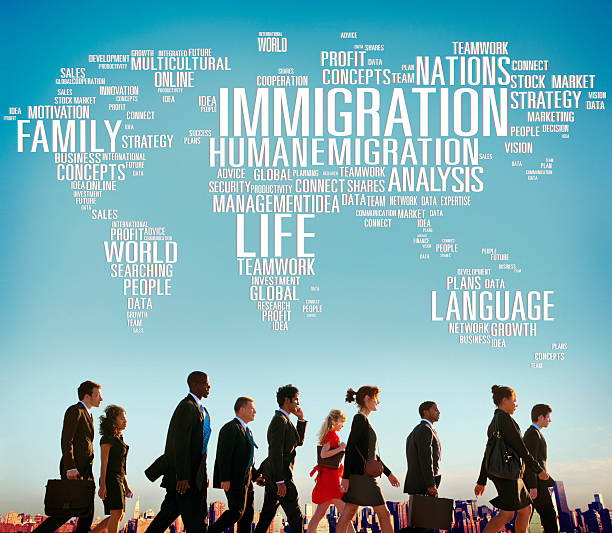This process of maneuvering through the many challenges in international employment is always challenging for any employer. If you are a startup trying to recruit talent from another country or a global company with employees stationed in different countries, legal aspects can play a significant role.
The knowledge provided in this article not only safeguards your organization from the violation of international laws but also provides you with a competitive advantage in the global market—by providing the best network of talents. By fully understanding visa necessities, work permit issues, and policies dealing with the transfer of employees, employers can ensure that they do not fall foul of the law and that overseas talent is properly managed and assimilated into the workplace.
Key Aspects of Global Immigration Policies
1. Visa and Work Permit Requirements
Each country has their own stipulations and regulations that they follow when issuing visas and work permits. Usually, these papers depend on the kind of employment, length of contract(s) and the citizenship of the employee. Employers must make sure that they understand all these rules because they have to prepare all the paperwork in advance. Such preparations assist with not missing out on times when cherished employees are available, and it also helps in avoiding violations of global immigration policies.
2. Legal Compliance
Conformity with legal and social rules and regulations, as well as taxation and social security, are important. Fines can be significant, lawsuits can take place, and a company’s reputation may suffer in case of non-compliance. Thus, employers should seek advice from immigration lawyers or global immigration specialists to understand regulations better.
3. Cultural Integration
The assimilation of people of different cultural backgrounds into the workplace is a key social issue. It is important that employers work towards transcending nationally expected codes of conduct and try to make international staff feel respected and appreciated in the new environment they have been posted to. This can be done through cultural awareness training and team development initiatives that foster cultural understanding.
Benefits of a Proactive Immigration Strategy
There are many benefits for employers who anticipate and effectively coordinate international workers’ operations. They can react quicker to forces in the global labor market place, and that may help inject new ideas into their business. Furthermore, organizations that have a reputation for decent and humane immigration policies will also be popular among candidates.
Conclusion
Immigration policy plays a significant and embedded role in today’s society. For today’s employers, effective immigration policies are vital when considering the current trends in the global economy. Despite the complexity which requires an intricate meandering through legal provisions and cultural nuances to arrive at the heart of it, the payoff of building a diverse and evolving team can only be described as great.
By updating themselves on changes and taking the right steps, employers can transform what appears to be a downside into a smart option for their workplace, creating a space that values the differences and the strengths that international workers bring to the table.


